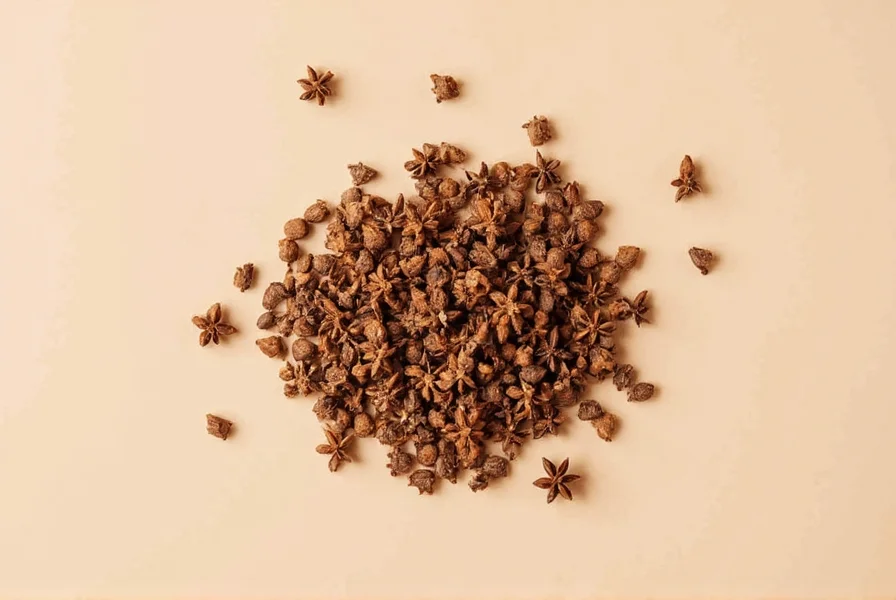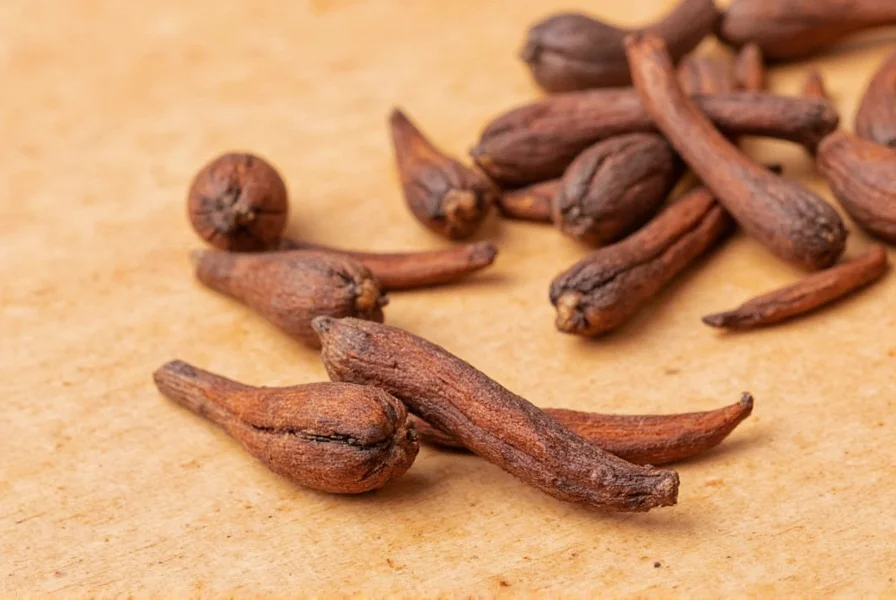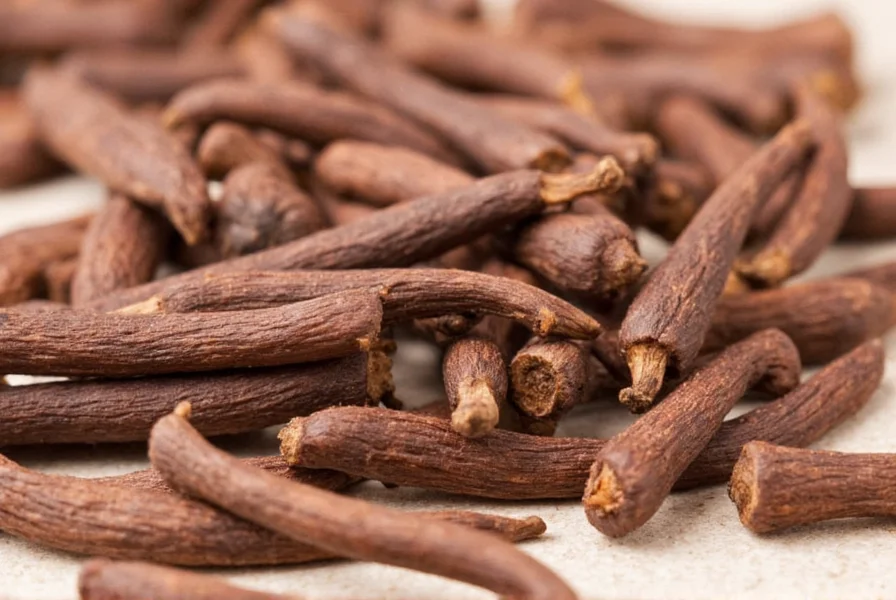Cloves, the aromatic flower buds of the Syzygium aromaticum tree, have been valued across cultures for centuries not just as a culinary spice but for their remarkable health properties. This small but potent spice contains eugenol, making up 70-90% of its essential oil, which gives cloves their distinctive flavor and many of their therapeutic effects.
The Science-Backed Benefits of Cloves
Modern research continues to validate traditional uses of cloves, revealing multiple health applications supported by scientific evidence. Let's examine the most well-documented benefits:
Dental Health Applications
Perhaps the most established use of cloves is for oral health. Dentists have long recognized eugenol's effectiveness for temporary toothache relief. A 2018 study published in the Journal of Oral Rehabilitation found that clove oil provided comparable pain relief to benzocaine for dental pain. The antimicrobial properties of cloves also help combat oral pathogens that cause gum disease and bad breath.
When searching for what are cloves used for medicinally, dental applications consistently appear as the most scientifically supported benefit. Many natural toothache remedies contain clove oil as their primary active ingredient due to its numbing and antibacterial properties.
Powerful Antioxidant Properties
Cloves rank among the highest antioxidant-rich foods according to ORAC (Oxygen Radical Absorbance Capacity) measurements. Research in the Journal of Agricultural and Food Chemistry found cloves contain 30 times more antioxidants than blueberries. These compounds help neutralize free radicals that contribute to aging and various diseases.
| Antioxidant Content Comparison | ORAC Value (per 100g) |
|---|---|
| Cloves | 290,283 |
| Blueberries | 9,621 |
| Dark Chocolate | 20,816 |
Anti-Inflammatory Effects
Chronic inflammation underlies many modern diseases. Studies show that eugenol in cloves can inhibit inflammatory pathways. Research in Phytotherapy Research demonstrated that clove extract reduced inflammation markers in animal models. For those exploring what is clove spice good for beyond cooking, its anti-inflammatory potential represents a significant health benefit.
Digestive Support
Traditional medicine systems have long used cloves to address digestive issues. Modern science supports this application, with research indicating cloves may stimulate digestive enzyme production and reduce gastrointestinal discomfort. A study in the Journal of Natural Medicines found clove extract helped protect against stomach ulcers in laboratory tests.
Practical Uses of Cloves in Daily Life
Understanding what are cloves good for in cooking and health helps incorporate them effectively into your routine:
Culinary Applications
Beyond their health benefits, cloves add distinctive flavor to:
- Pickling solutions and marinades
- Baking recipes, particularly holiday treats
- Spice blends like garam masala and pumpkin spice
- Warm beverages such as mulled wine and chai

Home Remedies
For temporary relief of dental pain, try this simple remedy:
- Dampen a cotton ball with 2-3 drops of clove oil
- Apply directly to the affected tooth or gum area
- Reapply as needed, but no more than 3 times daily
When investigating what is cloves good for toothache, this application represents one of the most evidence-supported home remedies.
Nutritional Profile of Cloves
Per teaspoon (2g) of ground cloves provides:
- Calories: 6
- Manganese: 55% of Daily Value
- Vitamin K: 3% of Daily Value
- Fiber: 0.7g
- Calcium: 1% of Daily Value
Safety Considerations
While cloves offer numerous benefits, certain precautions are necessary:
- Never apply undiluted clove oil directly to skin or gums
- Limit internal use to culinary amounts if pregnant
- Consult your dentist before using cloves for persistent dental pain
- Those with bleeding disorders should use cloves cautiously
When researching what is cloves spice good for and side effects, understanding proper usage is crucial for safe application.
How to Incorporate Cloves Into Your Routine
For those wondering what can I use cloves for in everyday life, consider these practical approaches:
- Add whole cloves to rice dishes while cooking, then remove before serving
- Steep 2-3 whole cloves in hot water for a soothing herbal tea
- Include ground cloves in smoothies for added antioxidant benefits
- Use clove oil in a diffuser for natural air purification

Conclusion
Cloves offer a remarkable combination of culinary versatility and science-supported health benefits. From their well-documented role in dental care to their impressive antioxidant capacity, this ancient spice continues to prove its value in modern contexts. When exploring what is cloves good for, the evidence points to multiple applications that can safely enhance both your kitchen and wellness routine when used appropriately.











 浙公网安备
33010002000092号
浙公网安备
33010002000092号 浙B2-20120091-4
浙B2-20120091-4